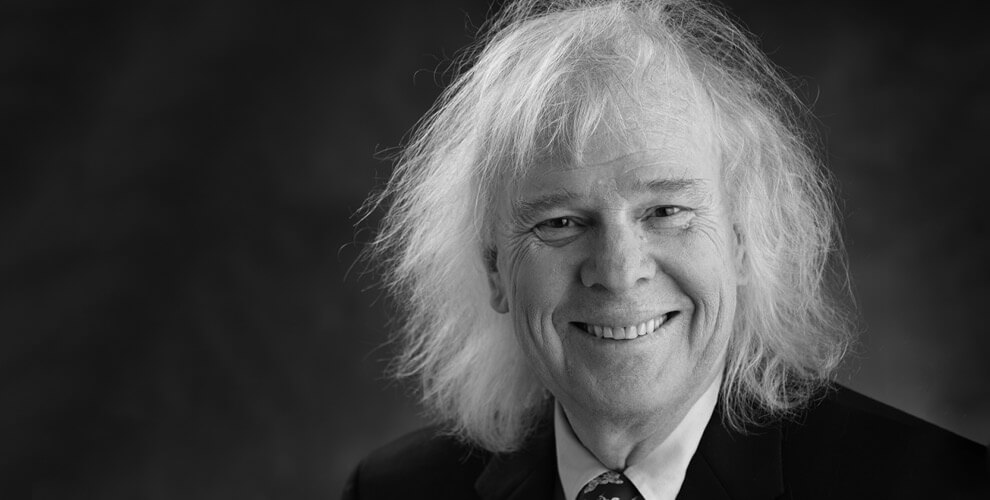Andrei S. Markovits
author
Andrei S. Markovits was born in late 1948 as the only child of a Hungarian-speaking, middle-class Jewish family in Timișoara, where he spent the first nine years of his life. He then emigrated first to Vienna, Austria, and then to New York City, where he went to Columbia University, receiving five degrees there. The first 25 years as a university professor included stints at Harvard University, Boston University, Wesleyan University, and many universities in Germany, Austria, Switzerland and Israel. He then joined the faculty at the University of Michigan in 1999, where he spent the next 25 years in his academic career. His many books, articles, essays, and reviews have appeared in 15 languages. In 2012, the Federal Republic of Germany bestowed on him the Order of Merit, First Class, which is the highest honor awarded to any civilian, German and foreign.
His most recent book is a memoir titled The Passport as Home: Comfort in Rootlessness published by the Central European University Press in Budapest and Vienna. A Romanian translation will be published by Editura Hasefer in Bucharest in April of this year.
The Passport as Home: Comfort in Rootlessness
Book Summary
This is the story of an illustrious Romanian-born, Hungarian-speaking, Vienna-schooled, Columbia-educated and Harvard-formed, middle-class Jewish professor of politics and other subjects. Markovits revels in a rootlessness that offers him comfort, succor, and the inspiration for his life’s work. As we follow his quest to find a home, we encounter his engagement with the important political, social, and cultural developments of five decades on two continents. We also learn about his musical preferences, from classical to rock; his love of team sports such as soccer, baseball, basketball, and American football; and his devotion to dogs and their rescue. Above all, the book analyzes the travails of emigration the author experienced twice, moving from Romania to Vienna and then from Vienna to New York.
Markovits’s Candide-like travels through the ups and downs of post-1945 Europe and America offer a panoramic view of key currents that shaped the second half of the twentieth century. By shedding light on the cultural similarities and differences between both continents, the book shows why America fascinated Europeans like Markovits and offered them a home that Europe never did: academic excellence, intellectual openness, cultural diversity and religious tolerance. America for Markovits was indeed the “beacon on the hill,” despite the ugliness of its racism, the prominence of its everyday bigotry, the severity of its growing economic inequality, and the presence of other aspects that mar this worthy experiment’s daily existence.


